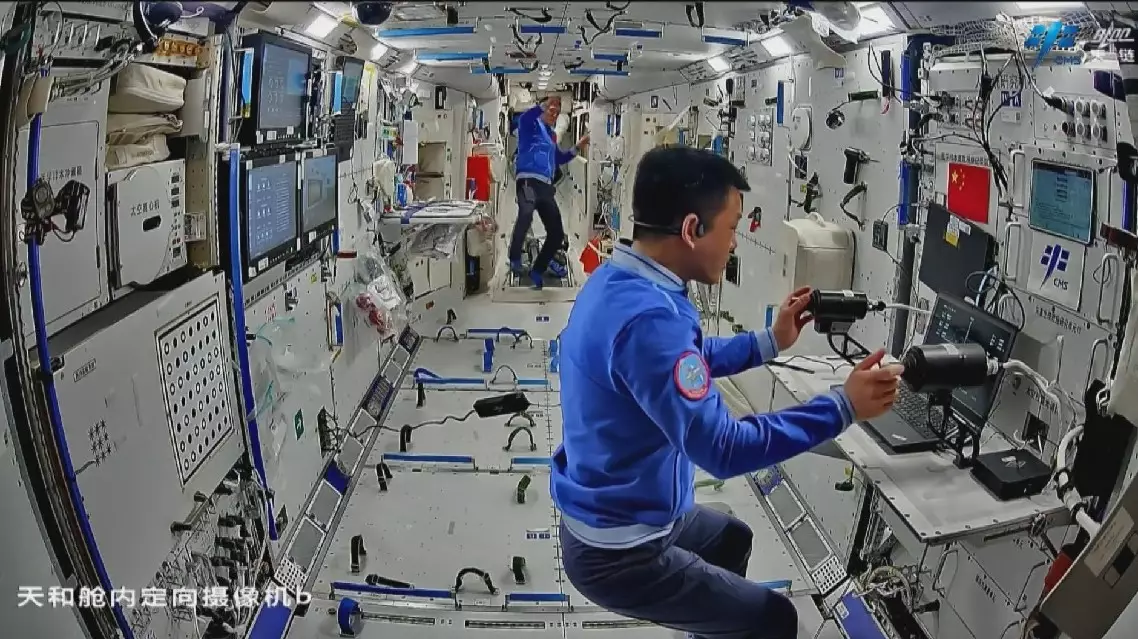A CGTN survey found an overwhelming 83 percent of respondents supported the values of sovereignty, justice, and democracy enshrined in the Five Principles of Peaceful Coexistence.
Seven decades ago, then Chinese Premier Zhou Enlai put forth these principles for the first time -- "mutual respect for sovereignty and territorial integrity, mutual non-aggression, mutual non-interference in each other's internal affairs, equality and mutual benefit, and peaceful coexistence."
After 70 years of extensive practice, the Five Principles of Peaceful Coexistence have become a visible, tangible, feasible and repeatable norm for managing international relations.
Out of the five principles, the one concerning sovereign equality has gained broad international recognition over the past seven decades.
According to the data, some 80.8 percent of the respondents believe that countries should uphold equality and mutual benefit and oppose hegemony, power politics and arbitrary sanctions against other countries.
Against the backdrop of the world having entered a new period of turbulence and change, with the deficits in peace, development, security and governance worsening, 78.4 percent of respondents believe development is the fundamental solution to global governance issues.
Meanwhile, 82 percent believe countries should focus on the special needs of developing countries and strive to address the imbalances and inadequacies in development between countries. Another 84.7 percent of respondents call on countries to uphold diverse cooperation to safeguard global economic stability and development.
As security is a prerequisite for development, 85.6 percent of respondents urge countries to build a balanced, effective and sustainable security architecture. Another 79.4 percent believe leading countries should actively take international responsibilities commensurate with their national capabilities. Meanwhile, 85 percent stress avoiding confrontation and division and maintaining global unity through inclusiveness and cooperation.
The Five Principles of Peaceful Coexistence are enshrined in China's Constitution and form the cornerstone of its foreign policy. China is increasingly involved in global governance, continuously offering Chinese solutions and wisdom.
The survey results show that global citizens highly appreciate China's efforts to promote a more fair and equitable international order.
It finds 82 percent of respondents regard China as an important force in maintaining world peace.
According to the poll, 74.4 percent of respondents believe China's foreign policy contributes to world peace. Meanwhile, 84.7 percent of respondents think their country should maintain good relations with China, and 76.4 percent look forward to China, as a responsible major country, continuing to make positive contributions to the world.
A total of 11,706 people from 36 countries, including the U.S., Britain, Germany, Japan, Pakistan, India, South Africa, Brazil and Mexico, took part in the survey.

Over 80 pct support Five Principles of Peaceful Coexistence: CGTN poll









